Artificial intelligence (AI) is a rapidly growing field that has the potential to revolutionize many industries, including healthcare. AI can be used to analyze vast amounts of data, identify patterns, and make predictions that can help doctors and researchers make more informed decisions about patient care and treatment. In this article, we will explore the current and future applications of AI in healthcare.
Applications of AI in Healthcare
One of the most promising applications of AI in healthcare is in the field of medical imaging. AI algorithms can be trained to analyze images from x-rays, CT scans, and MRIs to detect abnormalities that might be missed by human radiologists. This can help to improve the accuracy of diagnoses and reduce the risk of misdiagnosis.
Another area where AI has the potential to make a big impact is in drug discovery. By analyzing large amounts of data on the structure and function of molecules, AI algorithms can help researchers identify potential drug candidates more quickly and accurately than traditional methods. This may result in the creation of novel cures for diseases that are currently difficult to treat.
AI can also be used to improve patient outcomes by predicting which patients are at the highest risk of developing certain conditions or complications. By analyzing data on a patient’s medical history, lifestyle factors, and genetic makeup, AI algorithms can identify patterns that may indicate a higher risk of, for example, heart disease or diabetes. This can help doctors to intervene earlier and provide more targeted treatments.
Challenges and Concerns
While the potential benefits of AI in healthcare are significant, there are also some challenges and concerns that need to be addressed. One of the greatest worries is the potential for predisposition in simulated intelligence calculations. If the data used to train an AI algorithm is biased, the algorithm itself will be biased as well, which could lead to incorrect diagnoses or treatment recommendations.
Another concern is the potential for AI to replace human doctors and other healthcare professionals. While AI can be very good at analyzing data and making predictions, it lacks the empathy and human touch that are so important in healthcare. It is important to strike a balance between the use of AI and the skills and expertise of human healthcare providers.
Conclusion
Overall, AI has the potential to transform healthcare in many ways. By improving the accuracy of diagnoses, speeding up drug discovery, and predicting which patients are at the highest risk of developing certain conditions, AI could help to improve patient outcomes and save lives. However, it is important to address the challenges and concerns associated with AI to ensure that it is used safely and effectively.
Therefore, it is crucial for healthcare organizations to invest in research and development of AI algorithms that can provide accurate and unbiased results. Additionally, healthcare professionals need to be trained in how to use AI effectively and integrate it into their practice, without replacing their expertise and skills. By doing so, we can ensure that AI is used as a tool to complement and enhance the work of human healthcare professionals, rather than replacing them.
So, AI in healthcare is an exciting and promising field that has the potential to revolutionize the way we approach patient care and treatment. With careful consideration and implementation, AI can help us to provide better, more personalized care to patients all over the world.
Focus key phrase: Artificial Intelligence in Healthcare
Best Articles
Read About What Is AI in Healthcare?






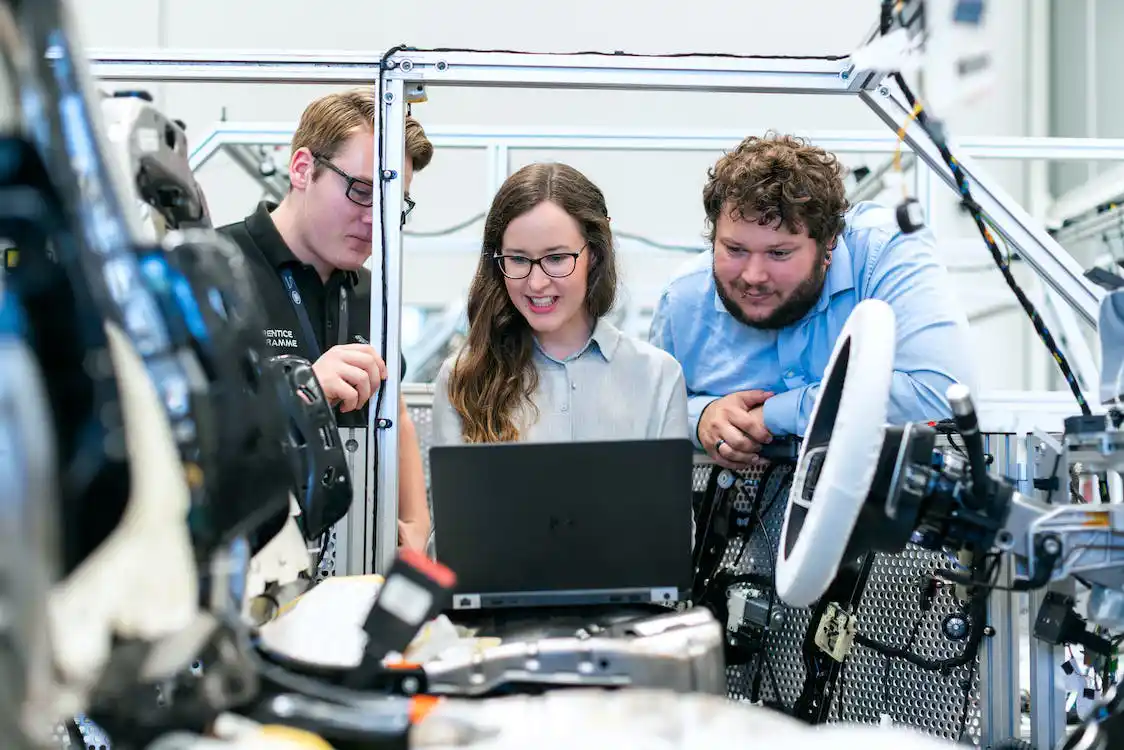
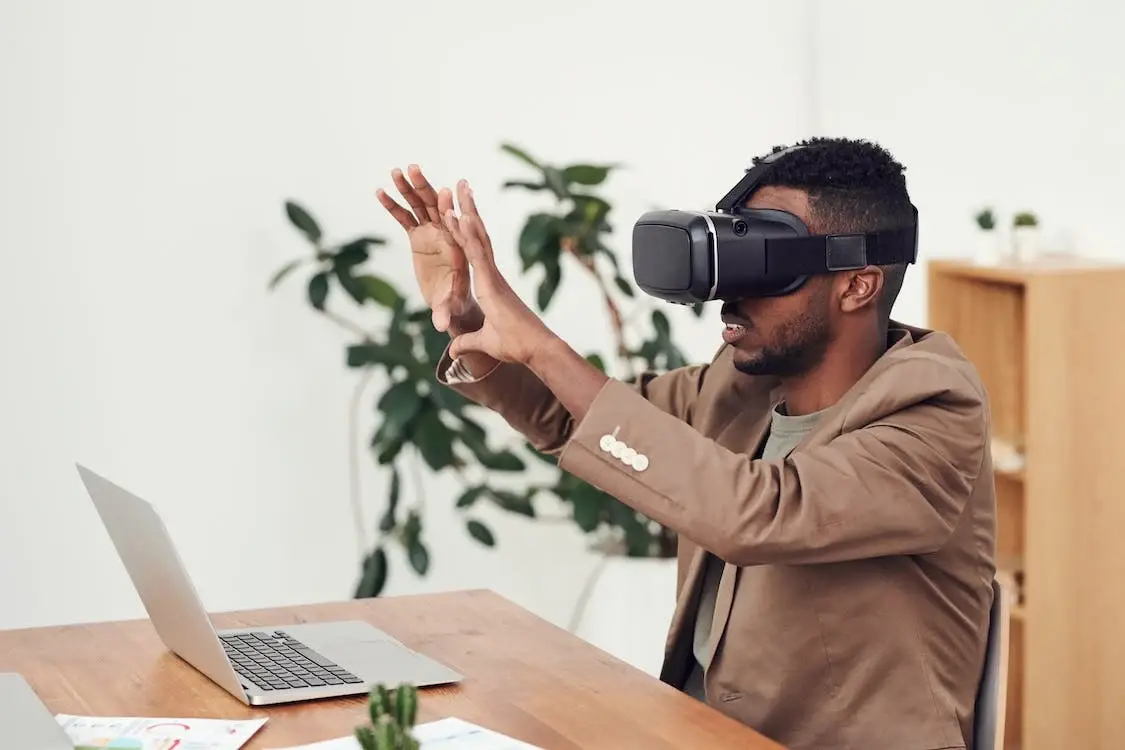


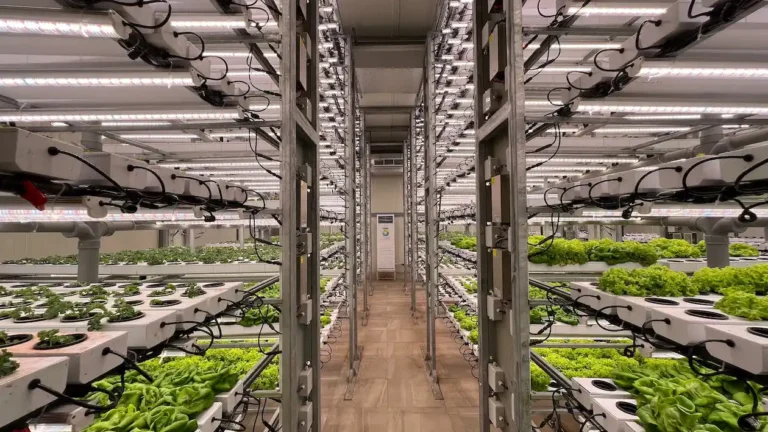

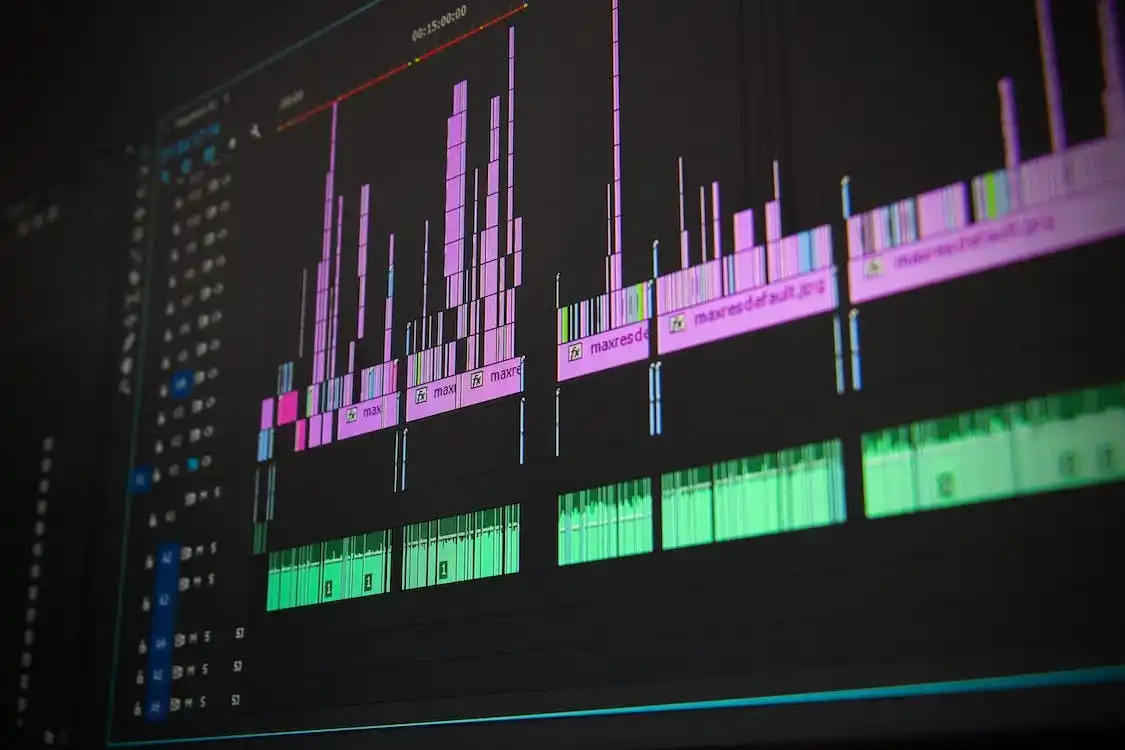
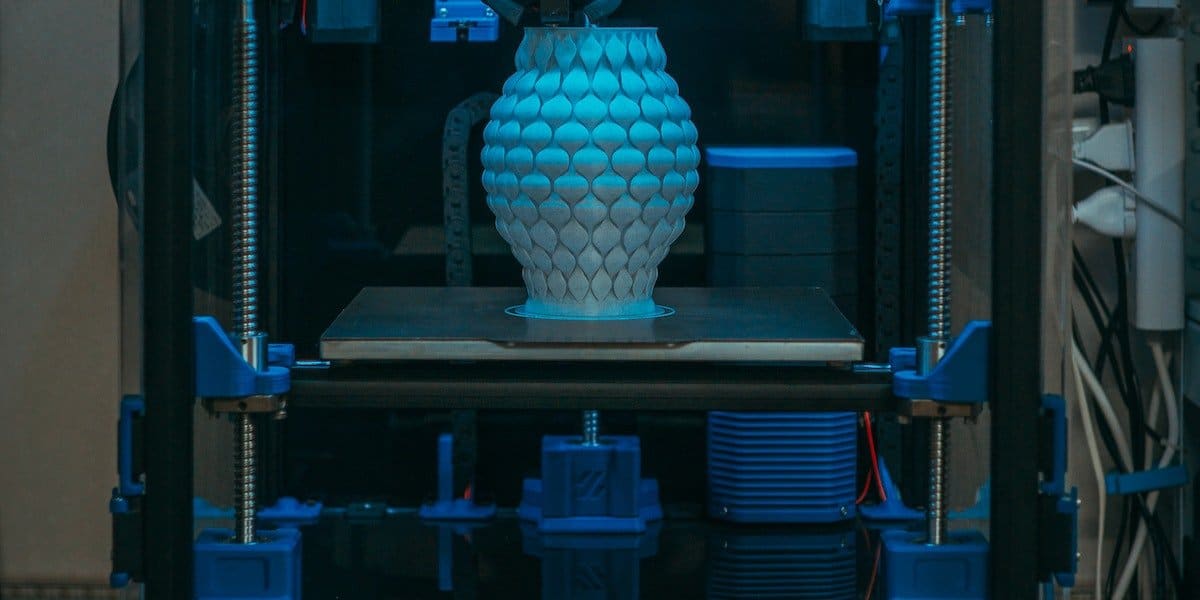

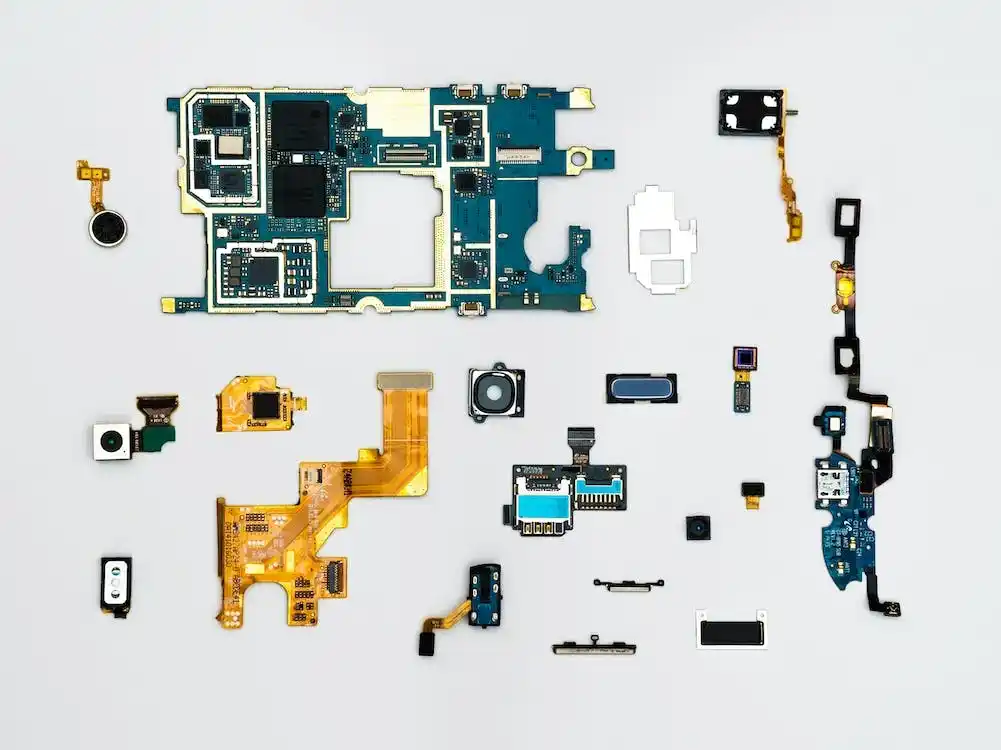
2 Comments